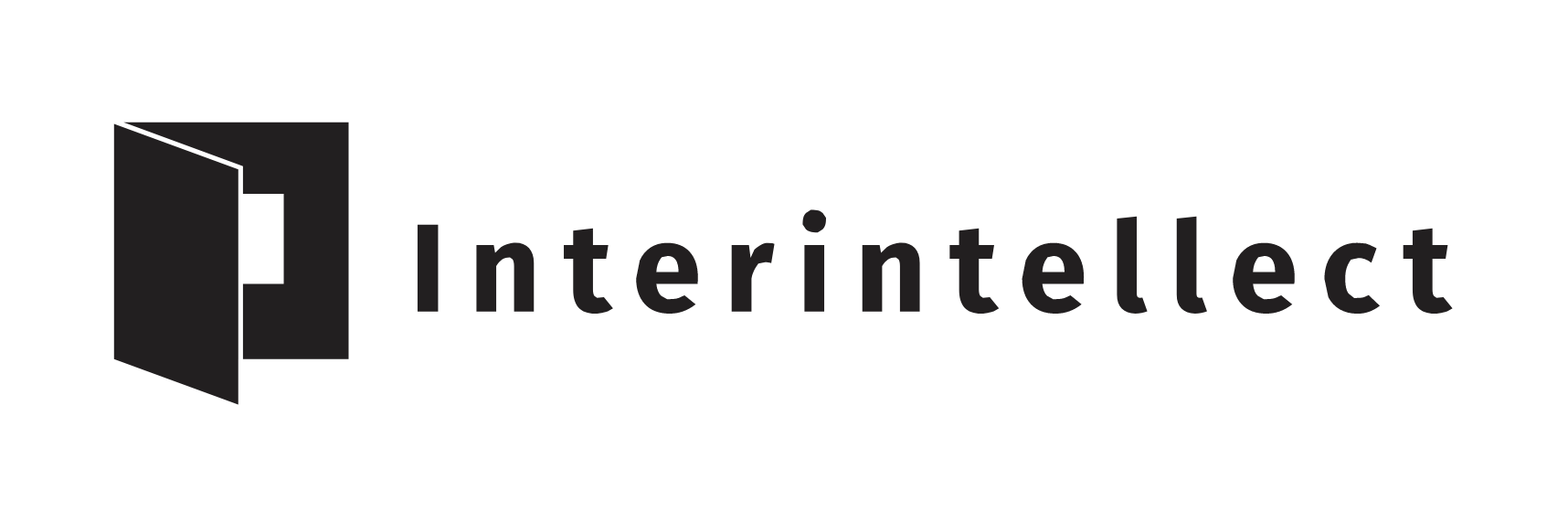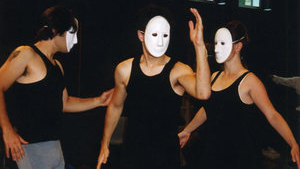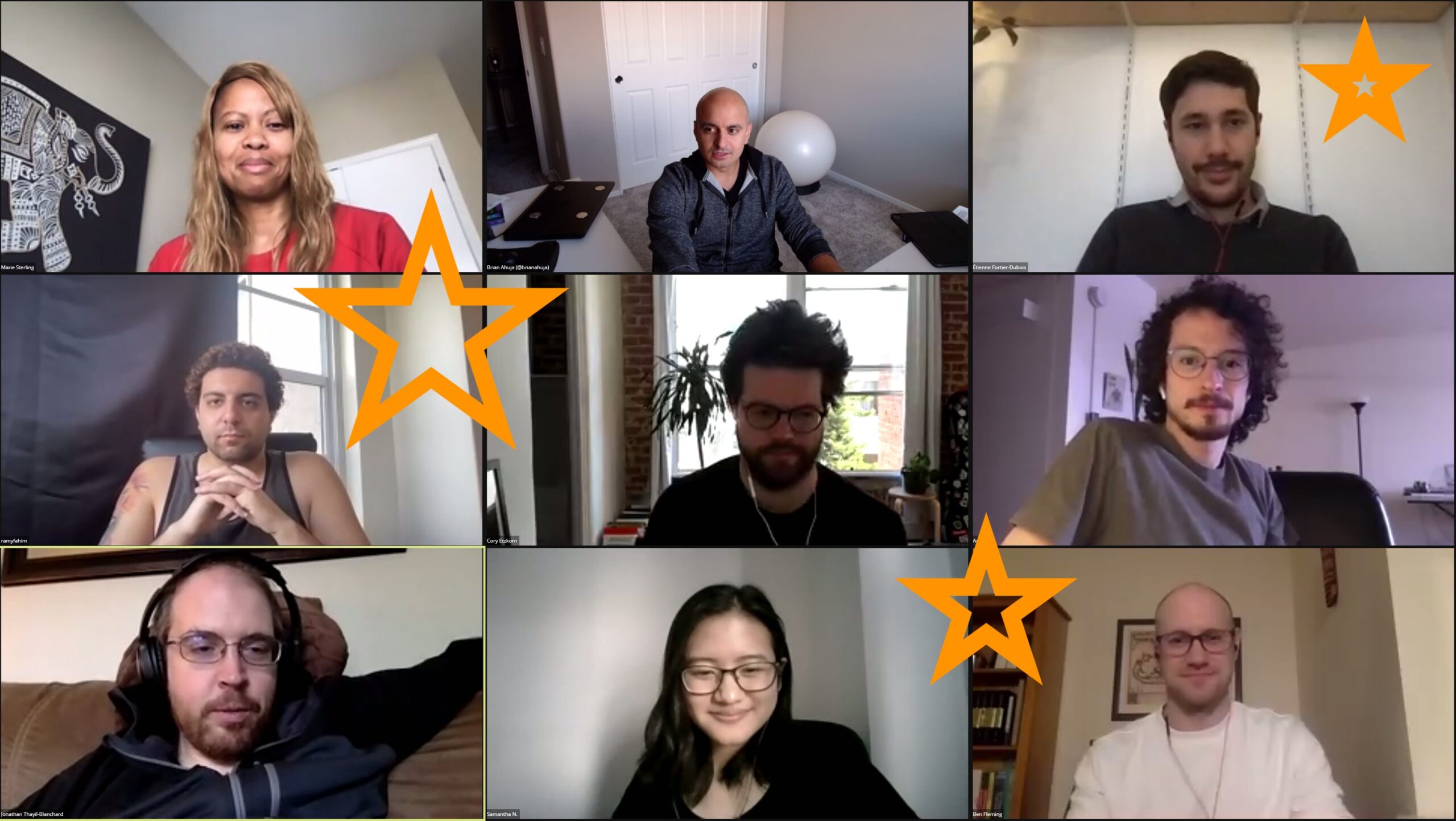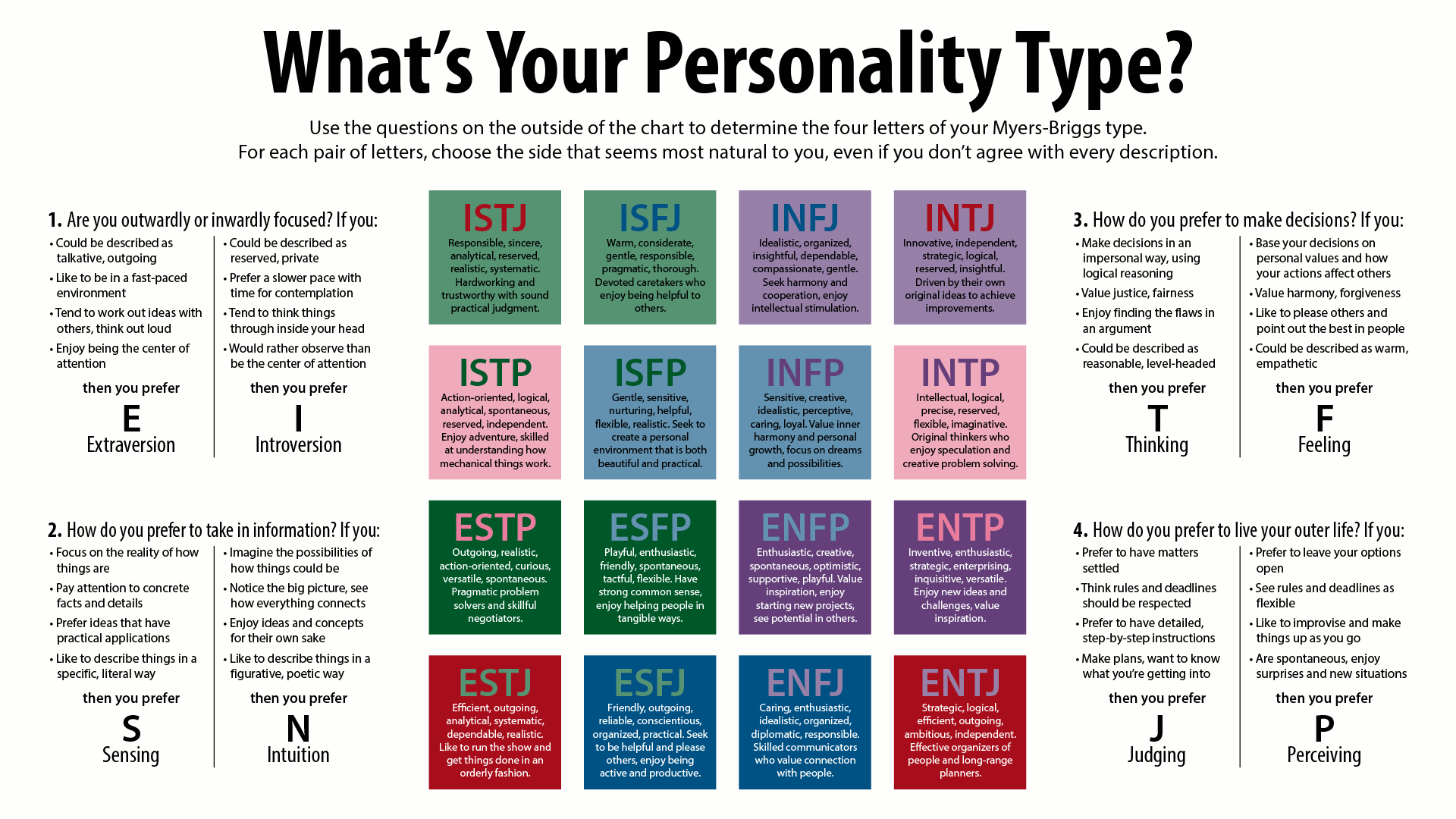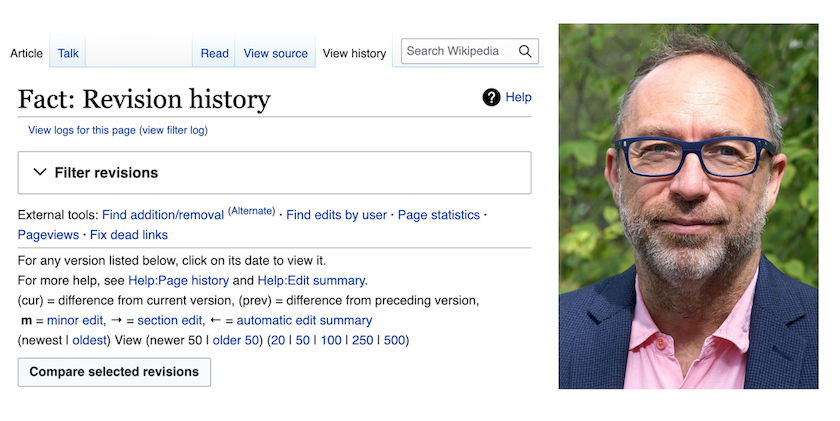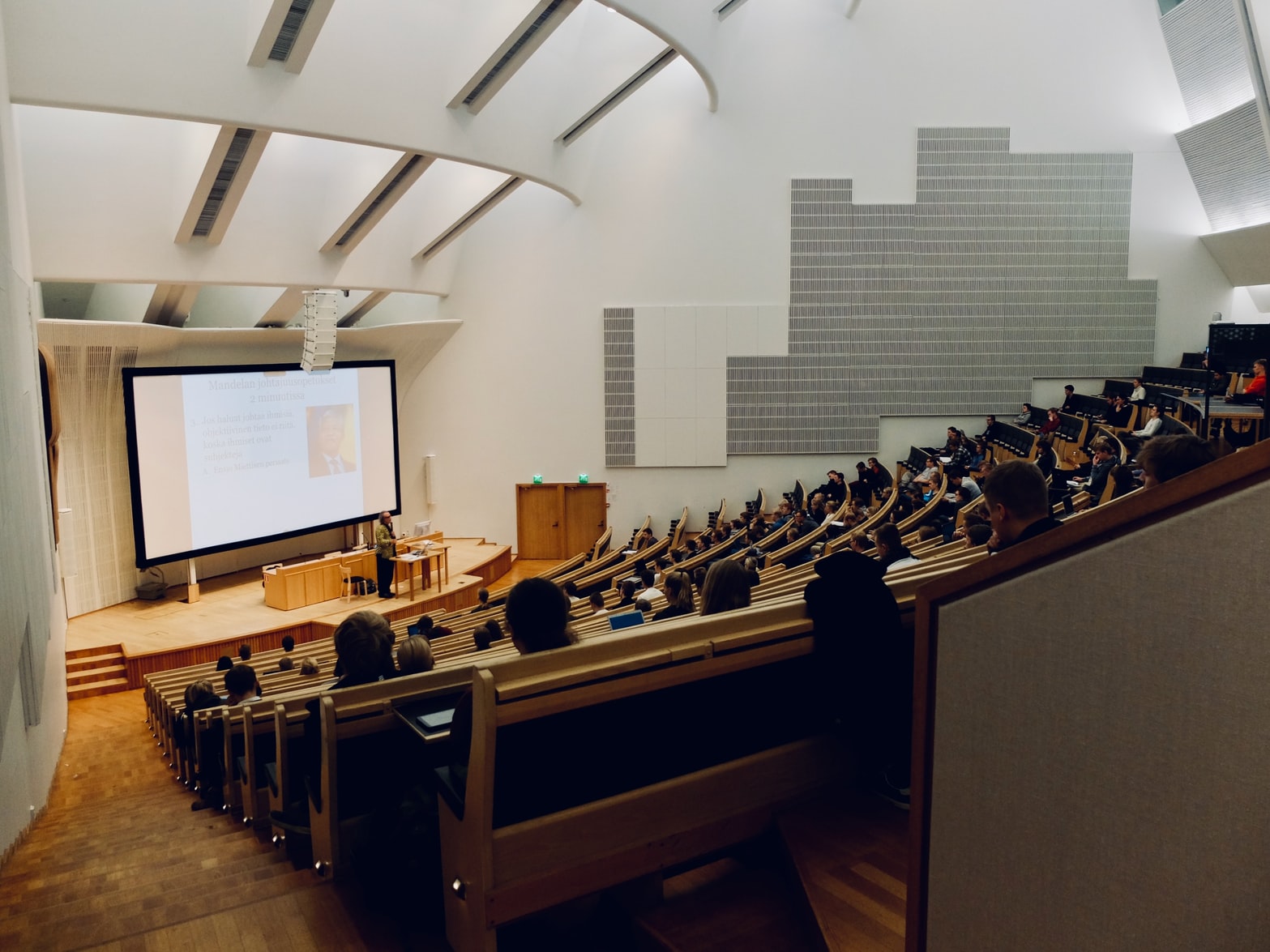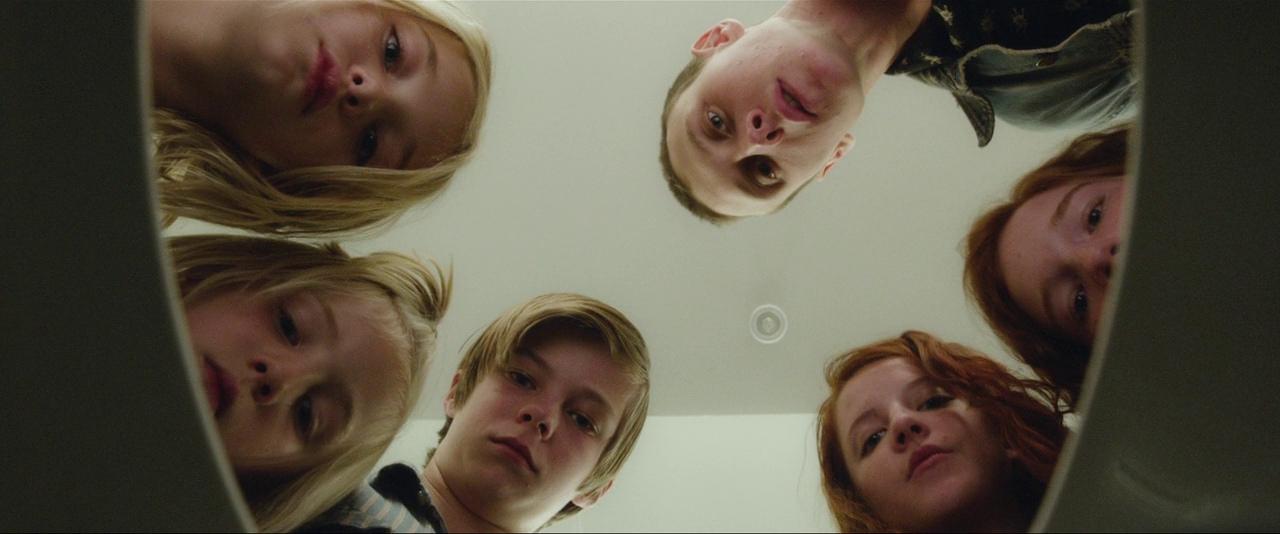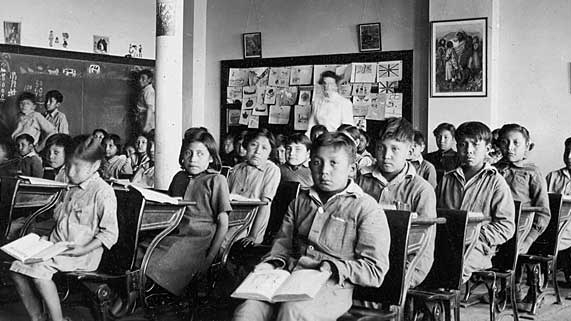Dead Economists Salon Series : Degrowth, Doughnuts, Postalgia and Progress
OnlineIn this meeting of the Dead Economists Salon Series we discuss the benefits and challenges with degrowth and doughnut economics that preference social and economic sustainability over economic growth and shareholder value. Hosted by: Bronwyn Williams and Peter Isztin. We question … if the limits required in terms of social safety nets and resource usage ceilings could exacerbate feelings of postalgia (the feeling that today…
